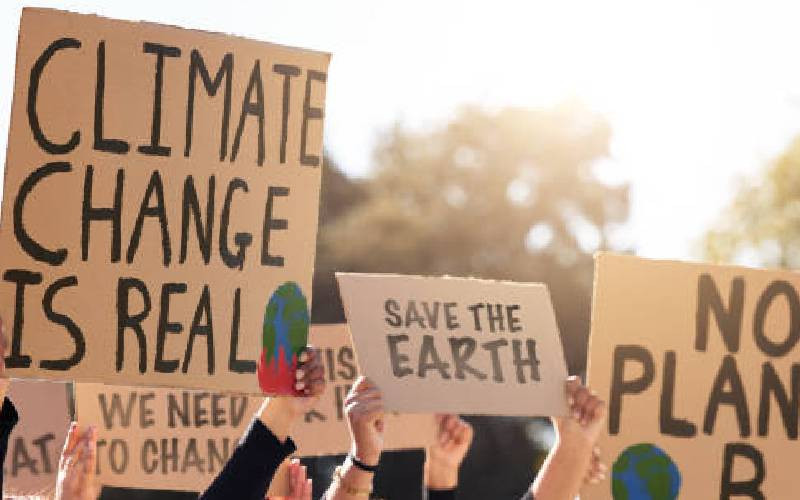×
The Standard e-Paper
Join Thousands Daily

Environment stakeholders seek to regulate carbon trade through the proposed Climate Change (Amendment) Bill, 2023.
Carbon markets are trading systems in which carbon credits are sold and bought. Companies or individuals can use carbon markets to compensate for their greenhouse gas emissions by purchasing carbon credits from entities that remove or reduce greenhouse gas emissions.